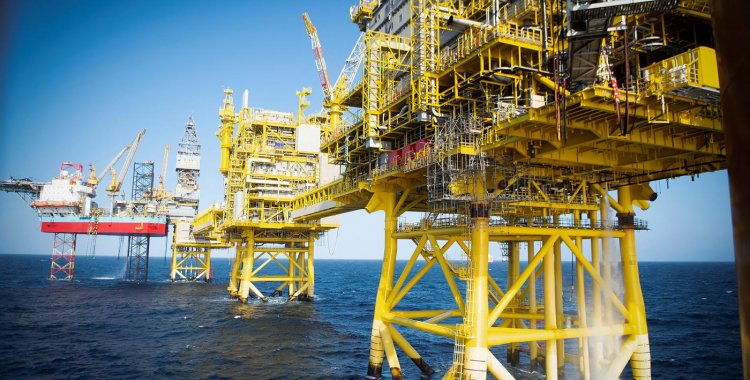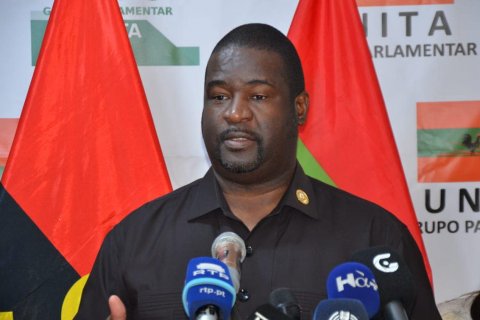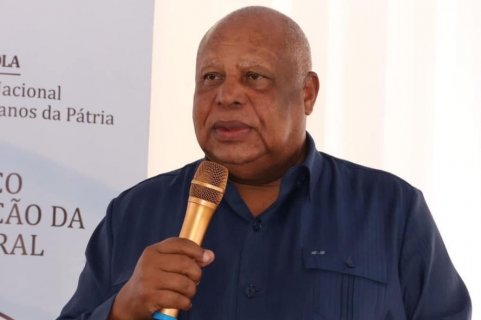"We are going to take advantage of the moment when the dynamics of oil prices are in the country's favor to move forward with reforms in order to guarantee economic diversification, in order to promote economic growth, create opportunities for a portion of the population that still suffers and have better living conditions for everyone", said Marcos Souto this Monday.
For the IMF representative, oil exporting countries like Angola, which are heavily dependent on this product, face "enormous risk factors, mainly due to price volatility", hence the need for economic diversification.
"And here I echo [the need to] carry out economic diversification, not in the sense of reducing oil activity, but in the sense of increasing non-oil activity", he pointed out.
"There are several issues, here one of them is diversification, since you depend less on a 'commodity', if there is an impact on this 'commodity' is there any way to compensate with the variation in the price of other products that the country produces ", he defended.
Speaking during the presentation of the Report on the IMF's Regional Economic Perspectives for Sub-Saharan Africa, he insisted on the need for Angola to invest in economic diversification to "enhance its enormous agricultural potential".
"We have a lot of potential here in Angola to increase agricultural production, I've traveled by car here and I was surprised with the potential that exists in several regions and how little is explored", he observed.
Regarding the report, Marcos Souto noted that 19 of the 35 countries in the region "are in a situation of under-indebtedness and high interest rates".
According to the official, Angola is in a "different dynamic" as it has a debt to Gross Domestic Product (GDP) ratio that "is falling, largely due to the dynamics of the exchange rate".
"More than 80 percent of the public debt is in foreign currency, but there is also an effort here to reduce the public debt and also its composition", he stressed.
"And the effort made by the Angolan authorities to improve the composition of its public debt, reduce the risk of refinancing", concluded the IMF representative in Angola.







